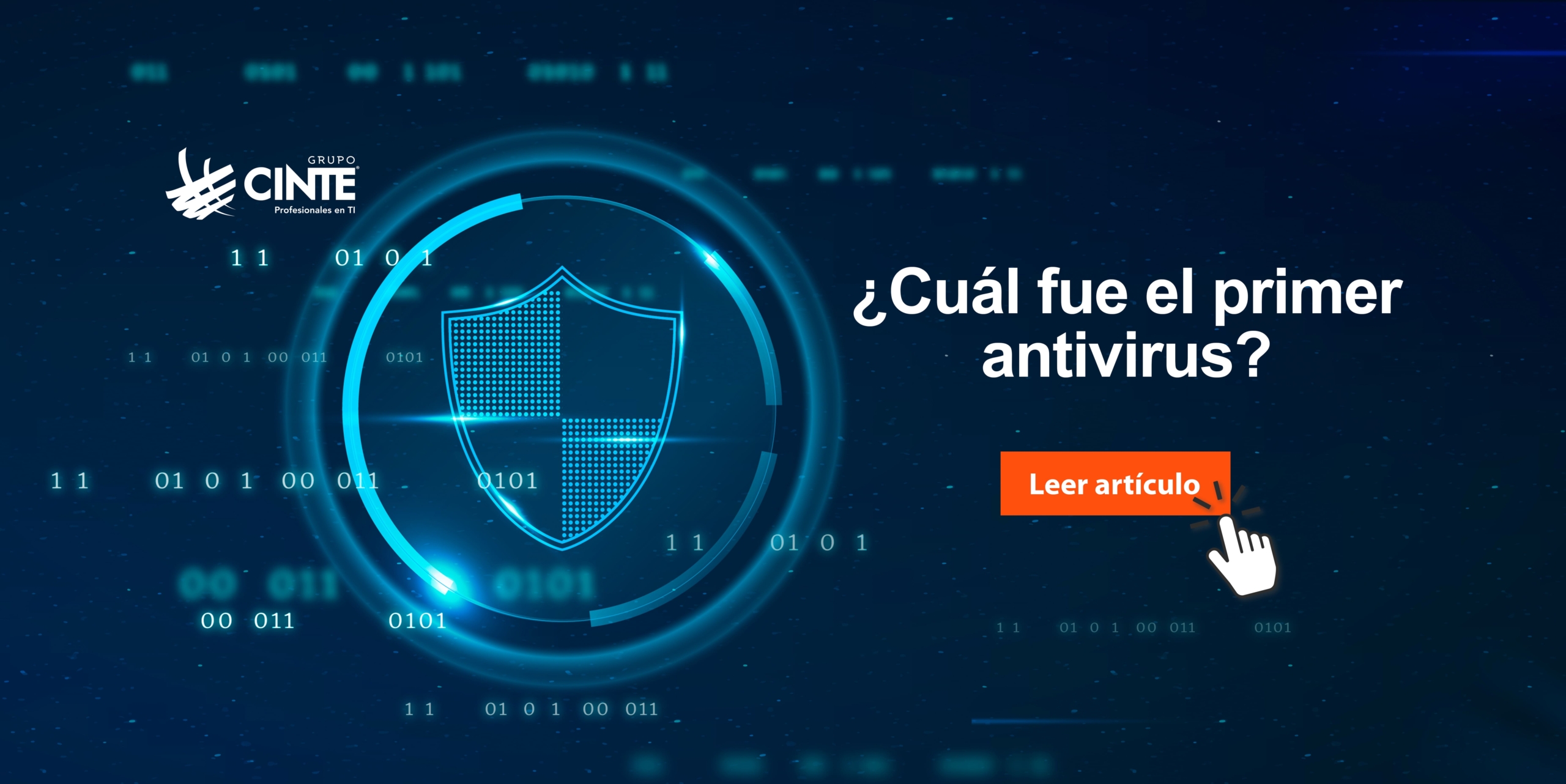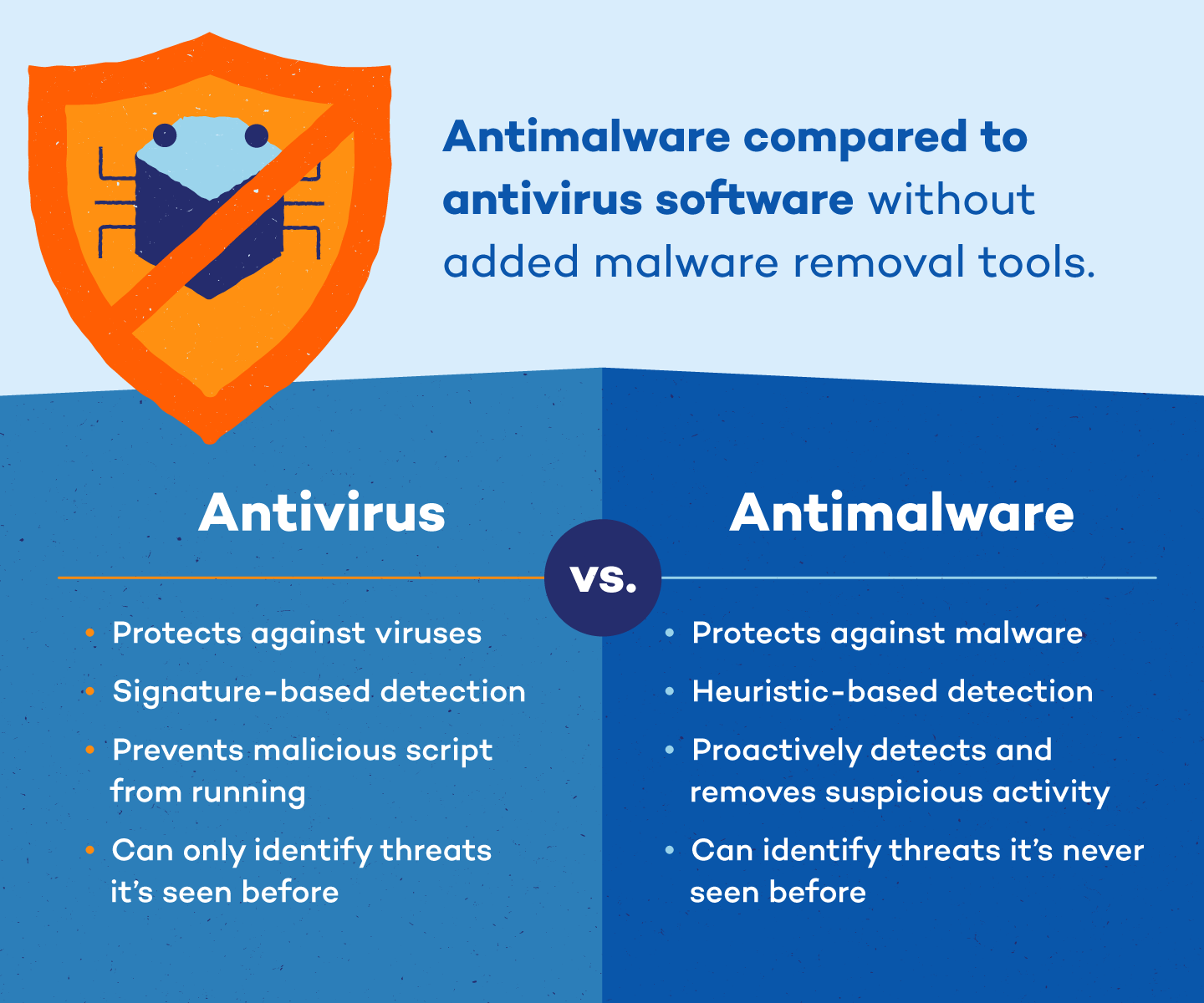1. Introduction
In today's digital age, cybersecurity is more critical than ever. With cyber threats evolving at an unprecedented rate, antivirus software plays a pivotal role in safeguarding our devices and data. However, many users harbor misconceptions about antivirus tools, often underestimating their necessity or overestimating their capabilities. This article aims to debunk common myths surrounding antivirus software and shed light on the most effective protection strategies.

2. Common Antivirus Myths
Myth 1: "Mac and Linux Don't Need Antivirus"
While it's true that Mac and Linux systems are less frequently targeted than Windows, they are not immune to malware. Recent threats like Silver Sparrow and XCSSET have demonstrated that attackers are increasingly focusing on these platforms. Ignoring antivirus protection on Mac or Linux can leave your system vulnerable to sophisticated attacks.
Myth 2: "Free Antivirus is Just as Good as Paid"
Free antivirus solutions offer basic protection but lack advanced features such as ransomware shields, firewalls, and real-time threat detection. Paid versions provide comprehensive security, including VPN services, password managers, and phishing protection, making them a worthwhile investment for robust defense.

Myth 3: "Antivirus Slows Down Your Computer"
Modern antivirus programs are optimized for performance, with minimal impact on system speed. Leading solutions like Bitdefender and Kaspersky use lightweight algorithms that ensure your device runs smoothly while staying protected.
Myth 4: "You Can't Get Infected if You Avoid Risky Websites"
Malware can infiltrate your system through seemingly harmless avenues like ads, email attachments, or even compromised legitimate websites. The SolarWinds incident highlighted how supply chain attacks can bypass traditional security measures, emphasizing the need for constant vigilance.
Myth 5: "Windows Defender is Enough"
While Windows Defender has improved significantly, it still falls short in areas like zero-day threat detection and advanced phishing protection. Third-party antivirus solutions offer more comprehensive security features, making them a better choice for complete protection.

3. Effective Protection Measures
3.1 Choose a Reliable Antivirus
Top-tier antivirus brands like Bitdefender, Norton, Kaspersky, and Malwarebytes provide essential features such as real-time scanning, behavioral analysis, and ransomware protection. Investing in a reputable solution ensures your device is shielded from the latest threats.
3.2 Keep Systems and Software Updated
Unpatched software is a prime target for hackers. Enable automatic updates for your operating system and applications to close security gaps and protect against exploits.
3.3 Use Strong Passwords and 2FA
Weak passwords are a gateway for cybercriminals. Utilize password managers like LastPass or 1Password to generate and store complex passwords, and enable two-factor authentication (2FA) for an added layer of security.
3.4 Stay Vigilant Against Phishing
Phishing attacks are becoming increasingly sophisticated. Always verify sender details, check for suspicious links, and look for spelling errors in emails. Browser extensions like uBlock Origin can help block malicious ads and scripts.
3.5 Regularly Backup Your Data
Adopt the 3-2-1 backup rule: maintain three copies of your data, on two different media, with one stored offline. Cloud services like Backblaze and local solutions like Time Machine ensure your data remains safe even in the event of an attack.
4. FAQ
Q1: Can Antivirus Stop All Viruses?
No antivirus can guarantee 100% protection, but it significantly reduces risk. Pair it with safe browsing habits, such as avoiding suspicious links, for optimal security.
Q2: Do Phones Need Antivirus?
Android devices benefit from antivirus apps like Malwarebytes, while iOS users should focus on phishing awareness due to Apple's stringent app controls.
Q3: Does Antivirus Affect Gaming Performance?
Some antivirus programs may impact performance, but enabling "Game Mode" minimizes interruptions, allowing for smooth gameplay.
Q4: How to Evaluate Antivirus Effectiveness?
Refer to independent testing labs like AV-Test or AV-Comparatives for unbiased ratings and performance metrics.
Q5: What to Do If Your PC Is Infected?
- Disconnect from the internet.
- Boot into Safe Mode and run a full scan.
- If necessary, reinstall the operating system to ensure complete removal of threats.
5. Conclusion
Antivirus software is a crucial component of cybersecurity, but it shouldn't be your only line of defense. Combine it with regular updates, strong passwords, and vigilant habits to create a robust security posture. Take action today by choosing a trusted antivirus solution and adopting these best practices to stay protected in an increasingly hostile digital landscape.


